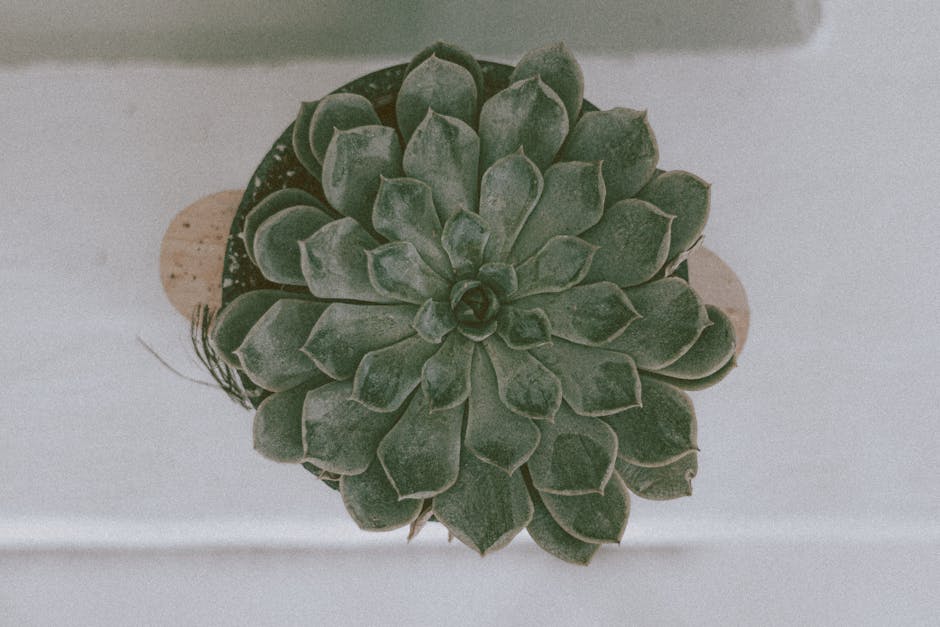What DIY methods can enhance garden soil fertility?
Having fertile soil is essential for a healthy and thriving garden. Fortunately, there are several DIY methods that can help enhance garden soil fertility naturally. By incorporating organic matter, practicing proper soil management techniques, and using natural amendments, you can improve the nutrient content, texture, and overall health of your garden soil. In this article, we will explore various DIY methods to enhance garden soil fertility, providing you with the information you need to create a productive and flourishing garden.
1. Add Organic Matter
One of the most effective ways to enhance garden soil fertility is by adding organic matter. Organic matter, such as compost, manure, and leaf mold, not only provides essential nutrients to plants but also improves soil structure and drainage. Compost made from kitchen scraps and yard waste is an excellent source of organic matter that can be easily incorporated into the soil. Additionally, aged manure from animals like cows, horses, or chickens can enrich the soil with nutrients.
Source: homesandgardens.com
2. Avoid Tilling and Practice No-Dig Gardening
Tilling is a common gardening practice, but it can disrupt the natural balance of soil microbes and lead to the loss of organic matter. Instead, consider practicing no-dig gardening methods. No-dig gardening involves layering organic materials, such as compost, straw, or leaves, on top of the soil to create nutrient-rich soil beds. This technique helps preserve beneficial soil organisms and maintains soil fertility.
Source: homesandgardens.com
3. Use Organic Amendments
In addition to adding organic matter, using organic amendments can further enhance soil fertility. Coffee grounds, for example, are an excellent source of nitrogen, potassium, and magnesium. They can be used as mulch or mixed into the soil. Similarly, crushed eggshells provide calcium, nitrogen, and phosphorus. Banana peels, which are rich in potassium, phosphorus, and other nutrients, can be buried in the ground or air-dried and used as fertilizer.
Source: sowsmallgarden.com
4. Consider Cover Cropping
Cover cropping is an effective technique for improving soil fertility. Planting cover crops like clover or legumes during fall or winter helps add organic matter, fix nitrogen, and prevent erosion. These crops also act as living mulch, suppressing weeds and providing a protective cover for the soil. When the cover crops are turned into the soil, they decompose and release nutrients, enriching the soil for future plantings.
Source: homesandgardens.com
5. Practice Crop Rotation
Crop rotation is a simple yet effective method to maintain soil fertility. By rotating crops, you prevent the depletion of specific nutrients and reduce the risk of pests and diseases. Different plants have varying nutrient requirements, so rotating crops helps ensure the soil remains balanced and fertile. It is advisable to group plants with similar nutrient needs together and rotate them in different areas of your garden each year.
Source: sowsmallgarden.com
6. Test and Amend Soil Nutrients
Regularly testing your soil can provide valuable insights into its nutrient composition and pH levels. Soil testing kits are readily available and can help you determine which nutrients may be lacking in your soil. Based on the test results, you can amend the soil with targeted organic fertilizers or amendments to address any deficiencies. This ensures that your plants have access to the nutrients they need for optimal growth.
Source: homesandgardens.com
Conclusion
Enhancing garden soil fertility through DIY methods is both rewarding and sustainable. By incorporating organic matter, practicing proper soil management techniques, and using natural amendments, you can create a nutrient-rich environment for your plants to thrive. Remember to add compost, avoid excessive tilling, consider cover cropping and crop rotation, and regularly test and amend soil nutrients. With these DIY methods, you can cultivate a productive and flourishing garden that yields bountiful harvests year after year.
Related Websites:
FAQs:
Q: Why is garden soil fertility important for successful gardening?
Garden soil fertility is crucial for successful gardening as it provides the necessary nutrients, pH levels, and organic matter that plants need for healthy growth and abundant yields. Fertile soil ensures strong root development, disease resistance, and overall plant vitality.
Q: How can I test my garden soil?
There are a few methods to test your garden soil. You can use DIY soil testing kits that are easily available and provide basic information on nutrient levels and pH. Another option is to send soil samples to a lab for a comprehensive analysis. Knowing the current state of your soil helps determine appropriate amendments for enhancing soil fertility.
Q: What are the benefits of composting for soil fertility?
Composting is an excellent way to enrich garden soil fertility. It improves soil structure, increases nutrient content, and enhances microbial activity. Compost also helps retain moisture, suppress weeds, and reduces the need for synthetic fertilizers. Starting a compost pile or bin is easy with step-by-step instructions available.
Q: Why is crop rotation important for maintaining soil fertility?
Crop rotation plays a vital role in maintaining soil fertility. By rotating crops, you prevent nutrient depletion and reduce the buildup of pests and diseases that affect specific plant families. This practice ensures a balanced nutrient profile in the soil and promotes overall plant health.
Q: How does soil pH affect plant nutrient availability?
Soil pH significantly impacts the availability of nutrients to plants. Different plants have different pH preferences. Adjusting soil pH naturally using organic amendments like sulfur or lime can make essential nutrients more accessible to plants. Choosing pH-appropriate plants for your soil type further enhances soil fertility and plant growth.






